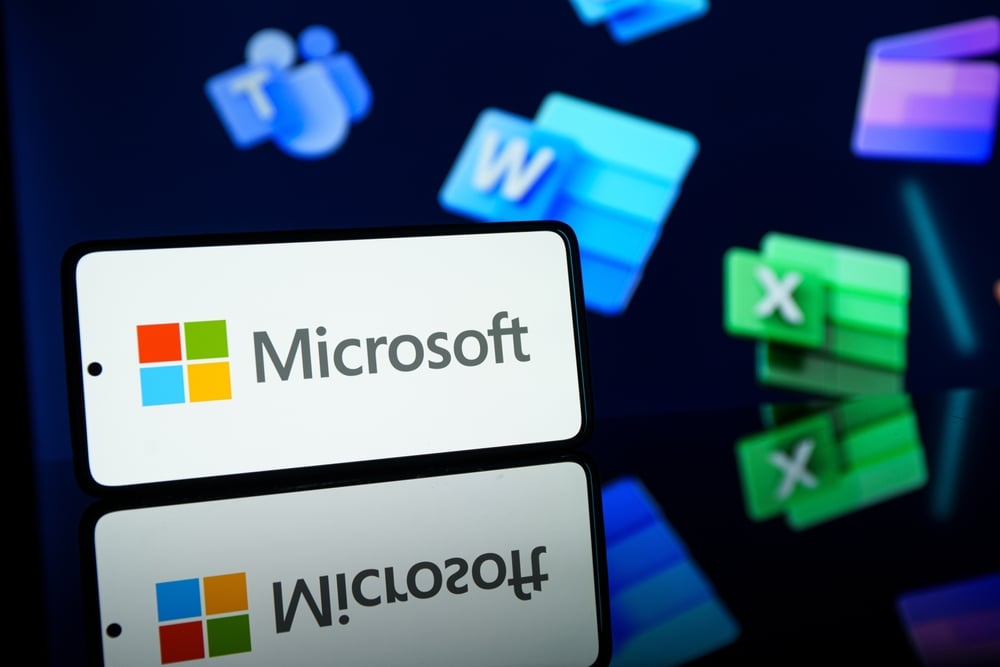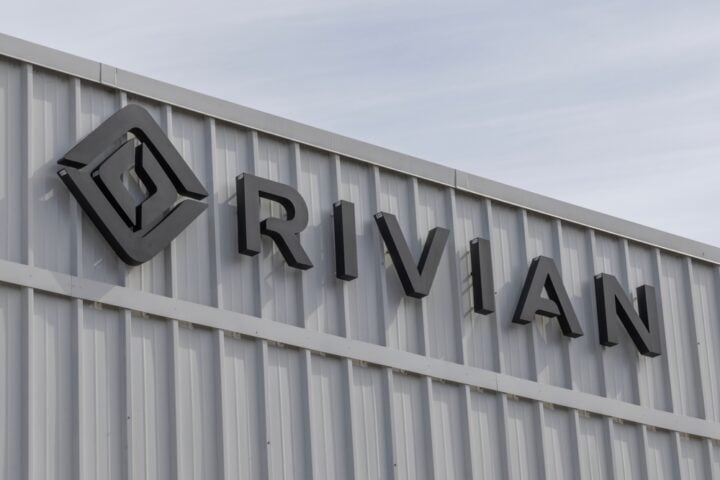Microsoft shares surged over 6% in after-hours trading on Wednesday following the company’s better-than-expected quarterly results, which highlighted significant growth across key segments.
Quarterly Financial Performance
Here’s a breakdown of Microsoft’s performance compared to LSEG consensus estimates:
- Earnings per share: $3.46 vs. $3.22 expected
- Revenue: $70.07 billion vs. $68.42 billion expected
Revenue grew by 13% year-over-year in the quarter ending March 31, with net income rising 18% to $25.8 billion, up from $21.9 billion or $2.94 per share a year ago.
Key Segments Show Strong Growth
Microsoft’s Productivity and Business Processes segment, which includes Office software subscriptions and LinkedIn, reported $29.94 billion in revenue, up 10% and exceeding the $29.57 billion consensus from analysts. Meanwhile, the Intelligent Cloud unit, which houses the Azure cloud service, generated $26.75 billion, a 21% increase and surpassing the expected $26.16 billion.
Azure revenue grew by 33%, with 16 points of that growth attributed to artificial intelligence (AI). This exceeded expectations, with analysts anticipating a growth rate of 30.3% and 29.7%, respectively.
Personal Computing and Future Guidance
In the More Personal Computing segment, which includes Windows, search advertising, devices, and gaming consoles, revenue reached $13.37 billion, reflecting a 6% increase and outperforming the $12.66 billion consensus estimate. Device and Windows operating licenses to device makers rose by 3%, with Gartner reporting a 4.8% increase in PC shipments for the quarter.
While Microsoft exceeded expectations for earnings and revenue, investors are also focused on how President Donald Trump’s tariffs, announced in early April, may impact future results. Guidance and commentary on this matter are anticipated during the earnings call, scheduled for 5:30 p.m. ET.
Strategic Partnerships and AI Developments
During the quarter, Microsoft made key adjustments in its relationship with AI partner OpenAI, securing a right of first refusal for new computing capacity. However, the company won’t always be required to deliver it. Additionally, OpenAI announced the Stargate AI infrastructure project in collaboration with Oracle and SoftBank at the White House, signaling ongoing investments in AI innovation.







